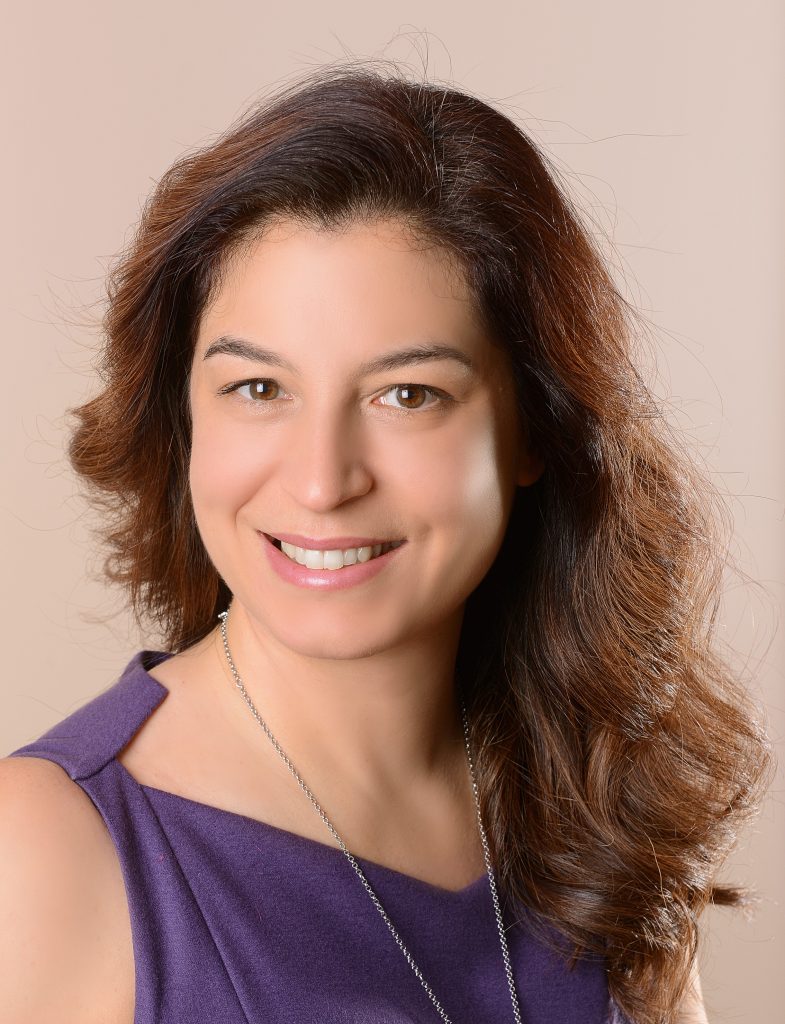On the topic of women empowerment, we talked to Sena Erten, Vice President and Head of People for Ericsson Middle East and Africa, to learn more about her career. Keep reading for the full interview.

- What do you believe defines a great female leader?
I think a great leader, regardless of whether they are male or female, should have passion, authenticity, self-awareness, vision, flexibility, strategic and critical thinking and always have the best interests of the group at heart. I find that women tend to be held to more difficult standards than men in this regard, you’re told to be assertive but not pushy, strong but not direct, confident but not arrogant. It’s a terrible double standard that sadly we still need to do much to mitigate within organizations across the globe. We have some great examples of pioneering women within Ericsson who essentially paved the way for the rest of us and ensured that gender equality was at the core of the company from the very beginning; in the late 1800s, one our founders, Hilda Simonssan – the wife of Lars Magnus Ericsson – refused to play what was then the ‘traditional’ role of a woman in society, taking an important role winding electromagnetic coils with satin-coated copper wire. Another early member of the Ericsson team, Hanna Hammarström, exported wire to Finland and led a team of eight – all women whom she trained herself. The legacy these great leaders left is what created the possibilities for me and all the other women at Ericsson to play a part and take on the leadership roles that we enjoy today.
- What are the main lessons you learned in your career?
Career is a marathon and it’s far too long to do things you’re not passionate about. Give yourself time and invest in your capabilities to understand what you’re good at and what you’re passionate about. Everyone owns their own careers so make sure to make plans about your future career steps and focus on building the critical experiences (not specific roles or titles) to help you achieve your goals. Be bold, take risks and don’t be afraid of making mistakes. When you make mistakes be sure to own them which will give you ample opportunity to learn from them and grow. We also need to learn to ask for help more often and let go of perfection.
- Are there any stereotypes you felt you needed to break through in our culture?
There are of course certain stereotypes of women in every culture, and I think these stereotypes resulted in few women pursuing careers in STEM related fields. Across the wider technology sector, one of the main issues facing companies is that there remains a limited amount of talent within STEM subjects, in which the percentage of women continues to be disproportionately low. As we progress towards faster and technically superior times – the era of 5G – it is only right that we inspire and engage more and more young girls and women to take up STEM studies as a career opportunity, raising awareness for a better tomorrow. As a company we’ve been working hard to tackle this across the globe and have been a longtime supporter of Girls in ICT Day, which aims to create a positive global environment which empowers and encourages young women to choose a field in ICT.
- How do you balance your time between work, family life and social life?
I think the real question here is addressing the expectation that organizations have of their employees and the lack of work life balance across the board. I’ve spoken to many people who feel like they need to justify having to work from home or a family emergency, and this lack of flexibility from employers – in the age of faster and superior connectivity and mobility – simply does not make sense. The Covid-19 Pandemic proved that most businesses could operate while giving employees the flexibility to be human, to attend to their personal lives and obligations, in fact multiple studies have shown that a flexible model results in increased productivity and mental health benefits. In addition, potential employees now have flexibility at the top of their list of demands, so companies who do not offer this will certainly lose out on top talent. To put it simply, the future lies in flexible working models.
- What advice would you give young women today?
Education is absolutely key; I would say this not just to young women but to any young person. Seek opportunities to educate yourself, seek out your passion and pursue a degree in it. Also take risks, for far too long we have been told what we should and should not be doing, if you’re passionate about something, take a risk and go for it.



